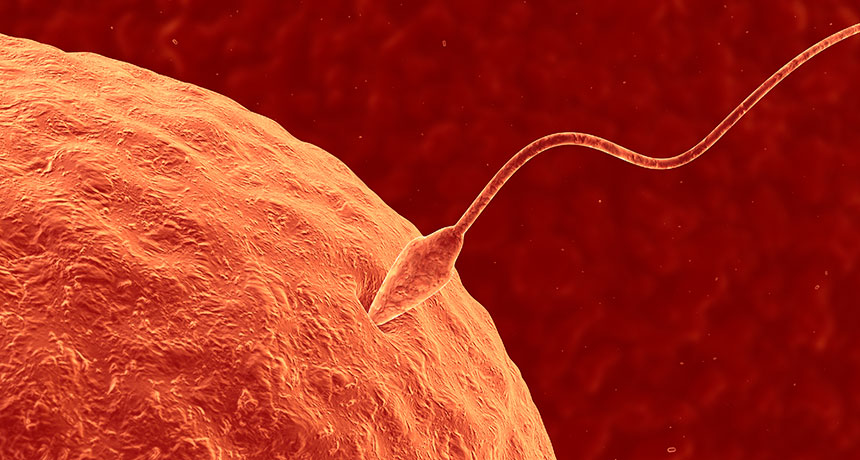Sperm protein may offer target for male contraceptive

Blocking a newly identified protein in sperm tails stops sperm from penetrating eggs, and could be the key for developing male contraceptives.
cornishman/iStockphoto

Blocking a newly identified protein in sperm tails stops sperm from penetrating eggs, and could be the key for developing male contraceptives.
cornishman/iStockphoto